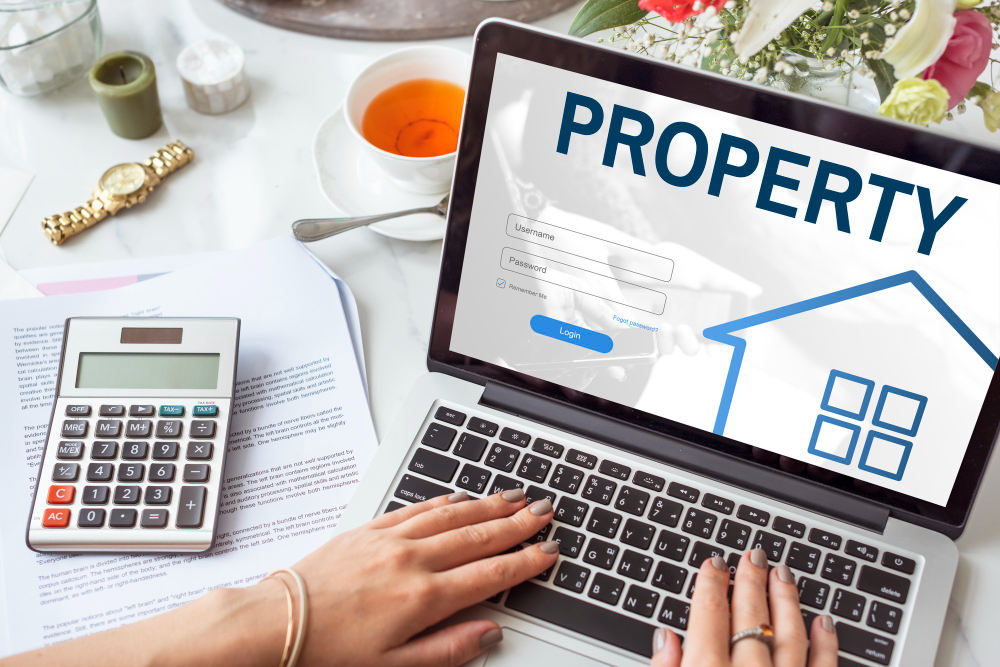Over the years, the real estate industry has evolved significantly, and property management has become more complex and demanding. Whether they manage a single rental unit or a large portfolio of properties, property owners are always looking for ways to streamline their operations, reduce costs, and increase profitability. Nowadays, property management software serves as the backbone of efficient property management in this digital age.



In this blog, we will explore the multifaceted uses of property management software and how it can transform the way you manage your real estate investments.
Multifaceted Use of Property Management Software:
- Streamlined Tenant Management:
It helps the property managers to efficiently handle all the tasks like application collection, background checks, document saving, lease agreements, rent collection, and communication with the tenants. Not only does this save time, but it also ensures that all tenant-related information is organized and easily accessible. The use of automated communication features, such as email or SMS notifications, contributes to better tenant relations.
- Financial Management and Accounting:
The management of finances and accounting is an essential part of property management. With property management software, you can track income and expenses accurately, calculate taxes, and monitor the financial health of your properties. You can also automate rent collection, reducing the risk of late or missed payments, and integrate with accounting software to maintain seamless financial records.
- Maintenance and Repairs:
To maintain good property conditions and keep tenants happy, effective property maintenance is vital. Software for property management allows you to create and manage maintenance requests and schedules, assign tasks to maintenance teams or contractors, and track progress. By doing so, you ensure that maintenance issues are addressed promptly and that properties are well-maintained, ultimately protecting their long-term value. You can record all the issues that you’ve resolved like driveway issues, septic tank issues, winterizing the property, etc.
- Marketing and Tenant Acquisition:
The process of marketing vacant properties and finding suitable tenants can take a lot of time and money. To help you attract and select quality tenants quickly, property management software includes marketing features including online listing tools, tenant screening tools, and marketing analytics. Ultimately, this increases your rental income because vacancies and turnover rates are reduced.
- Legal Compliance:
There are many laws and regulations governing the real estate industry. You can stay compliant with legal requirements with property management software that provides templates for lease agreements, automated reminders for important deadlines (such as property inspections or rent increases), and access to legal documents and resources. Complying with the law not only minimizes legal risks, but also establishes a positive reputation as a responsible landlord.
- Data Analytics and Reporting:
Using property management software, you can collect data on a variety of property-related activities. By analyzing this data, you will be able to generate detailed reports and insights, enabling you to improve your property management strategy. Your investment portfolio can be optimized with these analytics, which include occupancy rates, financial performance, and maintenance history.
- Remote Management:
As the world becomes increasingly interconnected, property managers are often required to oversee their properties from afar. Using property management software, property owners and managers can monitor and control their properties without being physically present. For people with properties spread across different regions, this feature is particularly helpful in managing vacation rental property.
Bottom Line:
Property management software has become an indispensable tool for property owners and managers looking to enhance their operations, increase profitability, and reduce administrative burdens. By streamlining tenant management, simplifying financial processes, assisting with maintenance and repairs, aiding in tenant acquisition, ensuring legal compliance, providing data analytics, and enabling remote management, property management software has revolutionized the way real estate investments are managed.
As the real estate industry continues to evolve, embracing property management software is not just a choice; it’s a necessity. By using these digital tools effectively, property owners can simplify their operations, reduce costs, and ultimately maximize the returns on their investments. Whether you own a single property or a large portfolio, property management software can help you achieve your property management goals efficiently and effectively. Explore our website to get free webinar training from industry experts on related topics to affordable housing and management.




